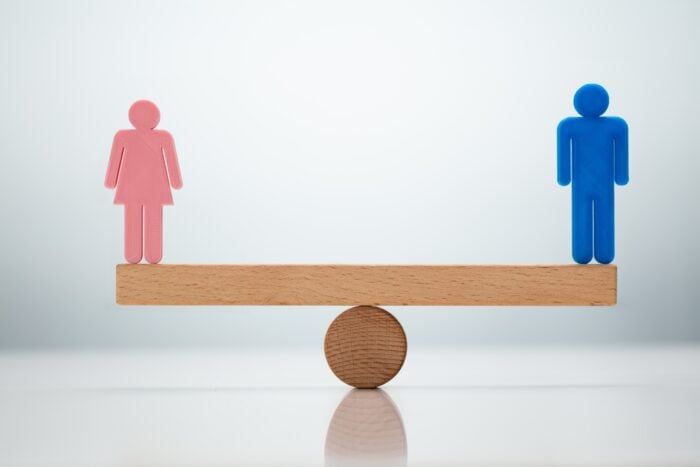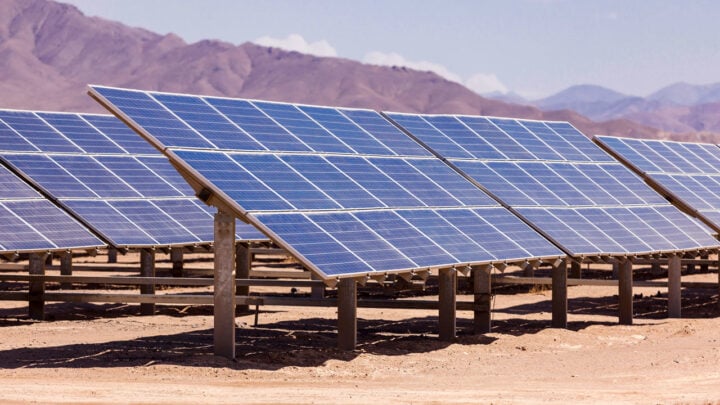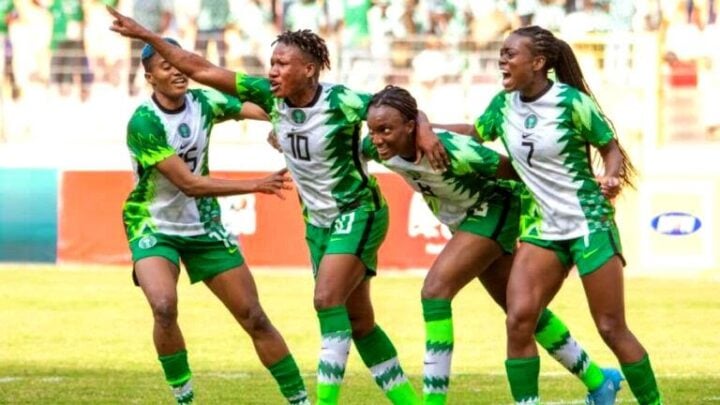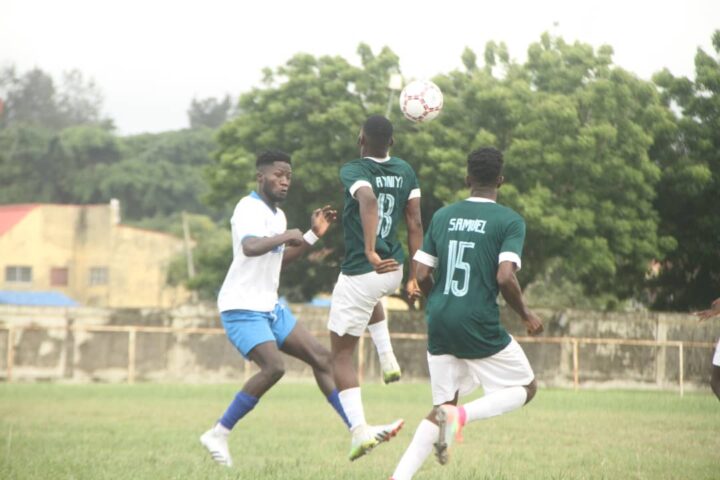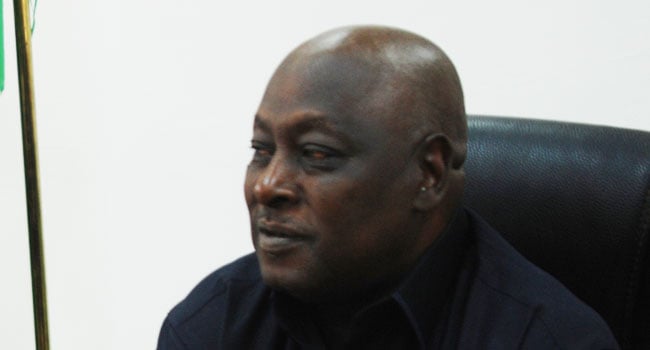Nigeria has been ranked 123rd out of 146 countries on the 2022 global gender gap index, which measures access to resources and opportunities in countries.
In 2021, the country was ranked 139th out of 156 countries.
The World Economic Forum (WEF), in its publication titled: ‘Global Gender Gap Report 2022’, released on Wednesday, analysed the evolution of gender-based gaps in 146 countries.
The report, which is now in its 16th year, benchmarks the current state and evolution of gender parity across major dimensions of economic participation and opportunity, educational attainment, health and survival, political empowerment, as well as in several other categories.
Advertisement
On average, Nigeria is ranked 123rd on the list, but on economic participation, the country sits at 50th place.
In terms of political participation, Nigeria is ranked 141st in the world; on health and survival, 70th; and in educational attainment, the country is on the 134th spot.
Nigeria is ranked 27th in sub-Saharan Africa.
Advertisement
According to the report, it will take more than 100 years to reach full gender parity.
“In 2022, the global gender gap has been closed by 68.1%. At the current rate of progress, it will take 132 years to reach full parity,” the report reads.
“This represents a slight four-year improvement compared to the 2021 estimate (136 years to parity).
“However, it does not compensate for the generational loss which occurred between 2020 and 2021: according to trends leading up to 2020, the gender gap was set to close within 100 years.”
Advertisement
Paul Alaje, a senior economist at SPM professionals and financial expert, told TheCable that it would take over a century before women will be at par with their male counterparts.
“The global economic growth rate is low, especially in regards to gender growth. It will take over a century before women will be at par with their male counterparts,” he said.
“We should be talking about over 200 years. Thank God for the 20th and 21st-century women; they have significantly contributed to closing the gap.”
According to him, the economic realities worldwide may make it difficult to achieve gender parity in 132 years as the WEF predicts.
Advertisement
“If you look at the economic reality globally, you will know that it doesn’t look good for women. In many countries around the world, males account for over 70% of economic participation and opportunities. How can equality be achieved when there is male dominance in these positions around the world?” Alaje said.
Advertisement
Add a comment

